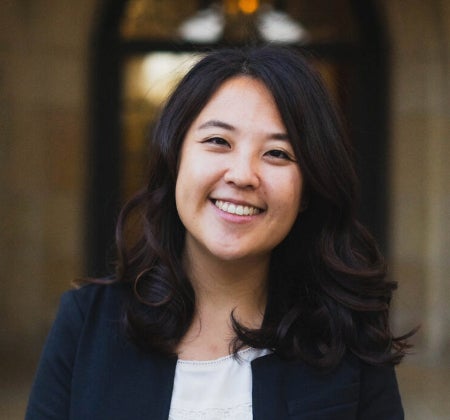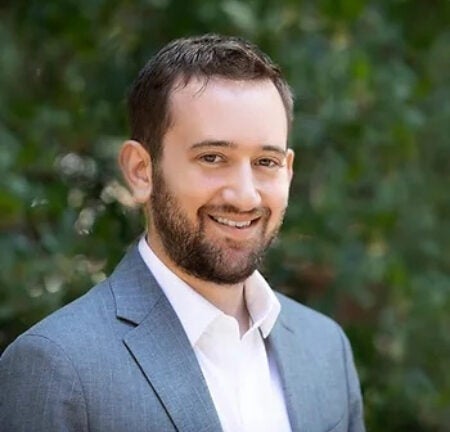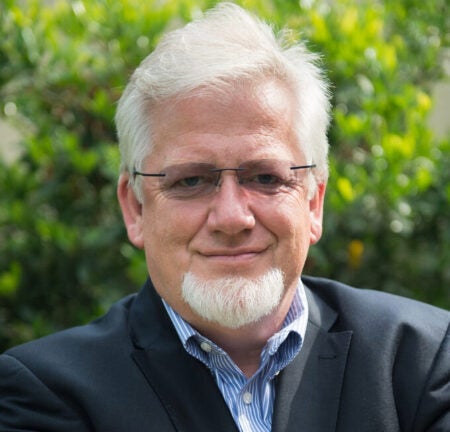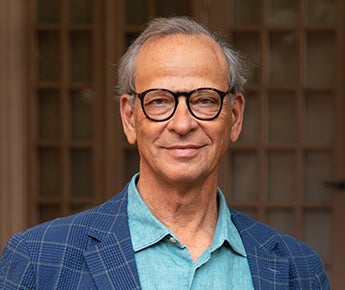Social Psychology Faculty
Core Faculty
(Ph.D., 1981, University of Texas)
Mendel B. Silberberg Professor of Social Psychology and Area Head
Neurobiological bases of motivation, personality, risky decision-making, substance use and depression. Computational models of personality and social reasoning. Legal and everyday decision making. Cognitive processes in social behavior, social explanations, goal-based processes in interpersonal relations and decision making, connectionist models of social reasoning. Using interactive media in changing risky health behaviors and in education.
(Ph.D., 2001, University of British Columbia)
Professor of Psychology
Director Wrigley Institute for Environmental Studies
Judgment and decision-making about sustainability and the environment; decision support for public policy and consumer choice; tradeoffs across conflicting social economic and environmental objectives; internal consistency and decision quality; risk perception and communication.
(Ph.D., 2019, University of Pennsylvania)
Assistant Professor of Psychology
Individual differences of subjective and objective social (dis)connection, information sharing, social networks, persuasion, social influence, behavior change, social neuroscience
(Ph. D., 1998, Carnegie Mellon University)
Provost Professor of Public Policy, Psychology and Behavioral Science
Behavioral research with insights for policy, behavioral decision making, individual differences in decision-making competence across the adult life span, risk perception and communication (with applications to personal health and well-being, household finance, and sustainability)
(Ph.D., 2009, Northwestern University)
Associate Professor of Psychology and Computer Science
Social media analysis with direct applications to moral decision-making, group dynamics and culture. Role of sacred values in intergroup conflict and negotiation. Computational cognitive modeling.
(Ph.D., 2016, New York University)
Assistant Professor of Psychology
Social learning and decision making, with implications for impression formation, reinforcement learning, social interaction, and prosocial behavior; social neuroscience; computational models of social cognition.
(Ph.D., 1998, University of Pennsylvania)
Associate Professor of Psychology
Self-regulation both within and outside the context of addiction. Application of neurocognitive approaches to decision-making. Attribution of moral responsibility.
(Ph.D., 1987, University of Michigan)
Dean’s Professor of Psychology, Professor of Education and Communication
How small changes in context can change people’s mindsets, with large consequences for cognition, motivation, and behavior. The dynamic construction of identity and its implications for cultural differences, academic performance, health behavior, and the design of interventions.
Mind and Society Center
Culture and Self Applicant
(Dr. phil., 1980, Universität Mannheim, Germany)
Provost Professor of Psychology and Marketing
How people make sense of the world in which they live, with an emphasis on the situated and embodied nature of judgment and decision-making and the interplay of feeling and thinking. Implications of a social cognition perspective for public opinion, consumer behavior, well-being research, and social science measurement.
Mind and Society Center
SEEP Lab Applicant
(Ph.D., 1978, Stony Brook University)
Professor of Psychology, Economics and Health Policy and Management
Behavioral medicine; subjective wellbeing; patient reported outcomes (such as pain, fatigue, specific symptom); real-time assessment methods (ecological momentary assessment, day reconstruction method, daily diaries); issues in self-report measures; aging.
(Ph.D., 1980, University of Massachusetts)
Emeritus Professor of Psychology
Habits and intentions as guides to behavior. Gender differences in social behavior. Ideology and intergroup relations. Social influence.
Affiliated Faculty
(Ph.D., 1982, SUNY, Buffalo)
Professor of Management and Organization and Psychology
Behavioral Decision Theory; Dispute Resolution; Judgment and Decision Making; Organizational Behavior.
(Ph.D., 1995, University of Illinois at Urbana-Champaign)
Research Professor of Computer Science and Psychology
Affective computing including computational models of human cognitive and social processes, especially emotion; Automated emotion recognition and synthesis; Virtual humans and human-computer interaction.
(Ph.D., 1977, Northwestern University)
Assistant Professor (research) of Psychology
Social identity as a mediator of gang involvement or gang avoidance. Predicting risk of gang involvement. Gang prevention strategies. Empirically-based approaches to juvenile justice prevention and intervention.
(Ph.D., 1993, University of Illinois)
Professor of Communication, Management and Organization, and Psychology
Group decision making, online communities and social media, crowd sourcing, social influence, creativity.
(Ph.D., 1982, University of Texas)
Professor of Communication and Psychology
Negotiating safer sex, particularly in minority populations, intimacy and responsiveness in close relationships, marital communication, and computer simulations of personality. Using interactive media in changing risky health behaviors and in education.
(Ph.D., 1994, Ohio State University)
Associate Professor of Marketing and Psychology
The nature of evaluative processes and their influences on thoughts, feelings, and behavior. Attitudes and attitude strength, attitudinal ambivalence, and attachment. Consumer psychology.
(S.J.D., 1997, Harvard University)
Professor of Law and Psychology
Decision making, reasoning, social cognition, constraint satisfaction mechanisms, legal psychology.
Professor of Management and Organization
How socio-environmental factors affect people’s reactions to unethical behavior and their likelihood of behaving unethically themselves. How interpersonal dynamics, such as synchrony and dominance, affect people’s willingness to cooperate with others.


















